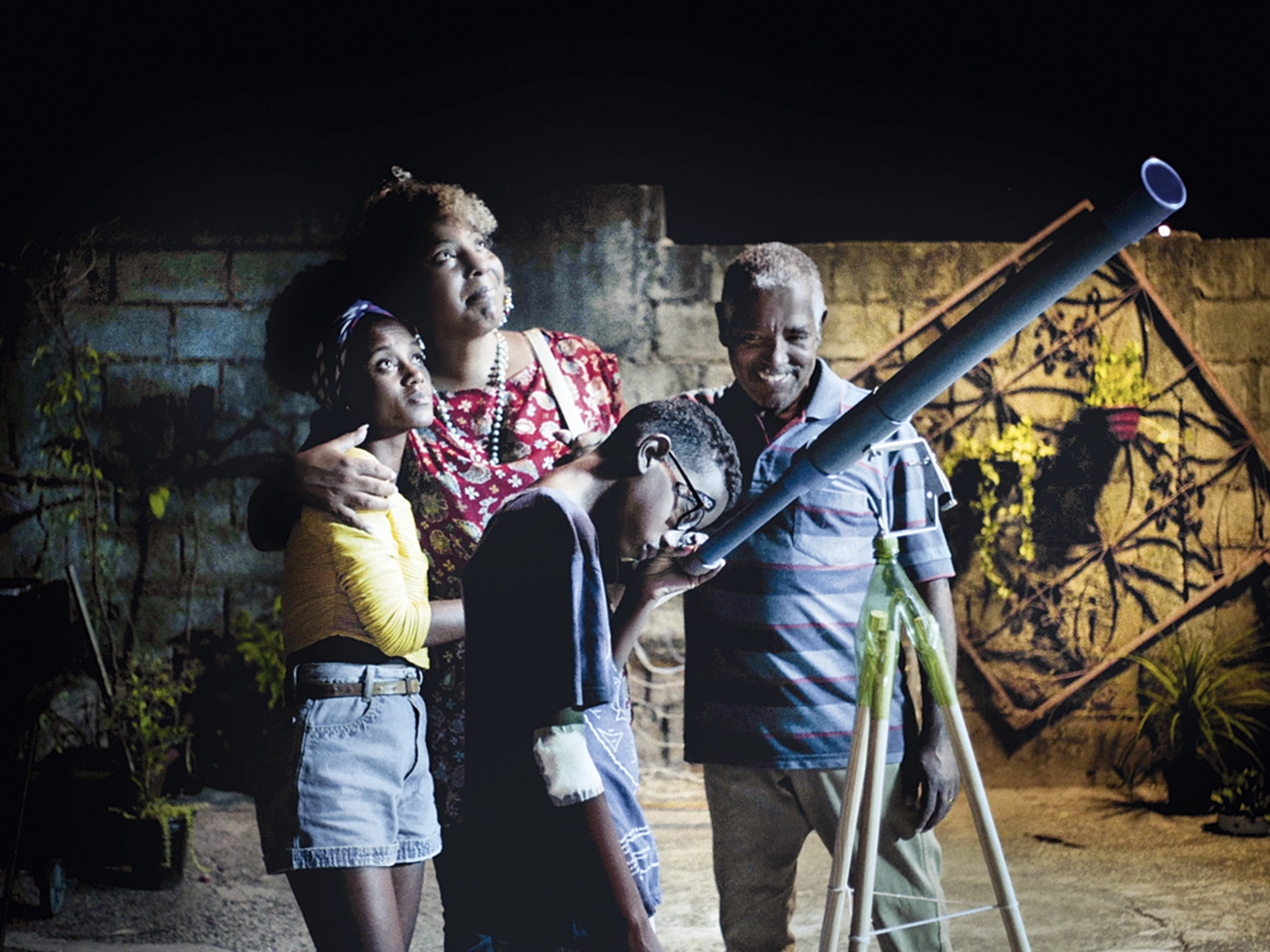
- Golden Globe Awards
Mars One (Brazil)
On the modest outskirts of a prosperous city in the heart of Brazil, a working-class family deals with their day-to-day challenges. Mother and father work hard, the oldest daughter studies to become a lawyer, and the young boy could easily become a soccer star, but his heart is actually on another celestial body – Mars – and another path – being an astrophysicist and, one day, an astronaut.
For the writer and director Gabriel Martins, his third feature – and the first one with his own single mark as a filmmaker – Mars One (Marte Um) emerged from a sad day in Brazilian history: Brazil’s soccer team’s “shameful defeat” by Germany at the 2014 World Cup, on the very stadium of his city of birth, Belo Horizonte. “That made me seriously think about the impact of soccer in Brazil and, at the same time, the major political turbulence that our country has been facing in the past years, and continues right now”, Martins says.
His reaction to the loss and the chaos was an image in his mind: “a Black boy in an open field somewhere in a distant suburb, laying on the grass, looking up at the stars.”
From pain and hope Martins built Mars One, creating the family that is the heart of the narrative and, in many ways, a large stretch of autobiography – like the hard-working father, who struggles with his alcohol problem; elements from the lives of many close friends he admires; and “Delvinho”, the young son, Martins says, “is inspired in part in me. Like him, since I was kid, I dreamed with making movies.”
Exploring the light and color of the heart of the central region of Brazil, Martins frames and follows his characters on their daily battles, with a calmly moving camera that transforms the day-to-day to a low-key saga – searching love, security, respect, new horizons. “It’s a collage of my own experiences – all that I’ve seen on my years riding the bus for one hour to reach my university all that I’ve lived in a distant suburb, and the internal dynamics of a Black family”, Martins explains.
Most of his cast came from Martins’ short films – Nada (Nothing), Rapsódia para um homem negro (Rhapsody for a Black Man). “It was a natural development”, he says. “It was a case of mutual trust.”
Mars One was well received in this year’s Sundance Film Festival and was selected by the Brazilian Academy of Cinema and Visual Arts to represent Brazil at the 2023 Oscar’s International Feature Film.